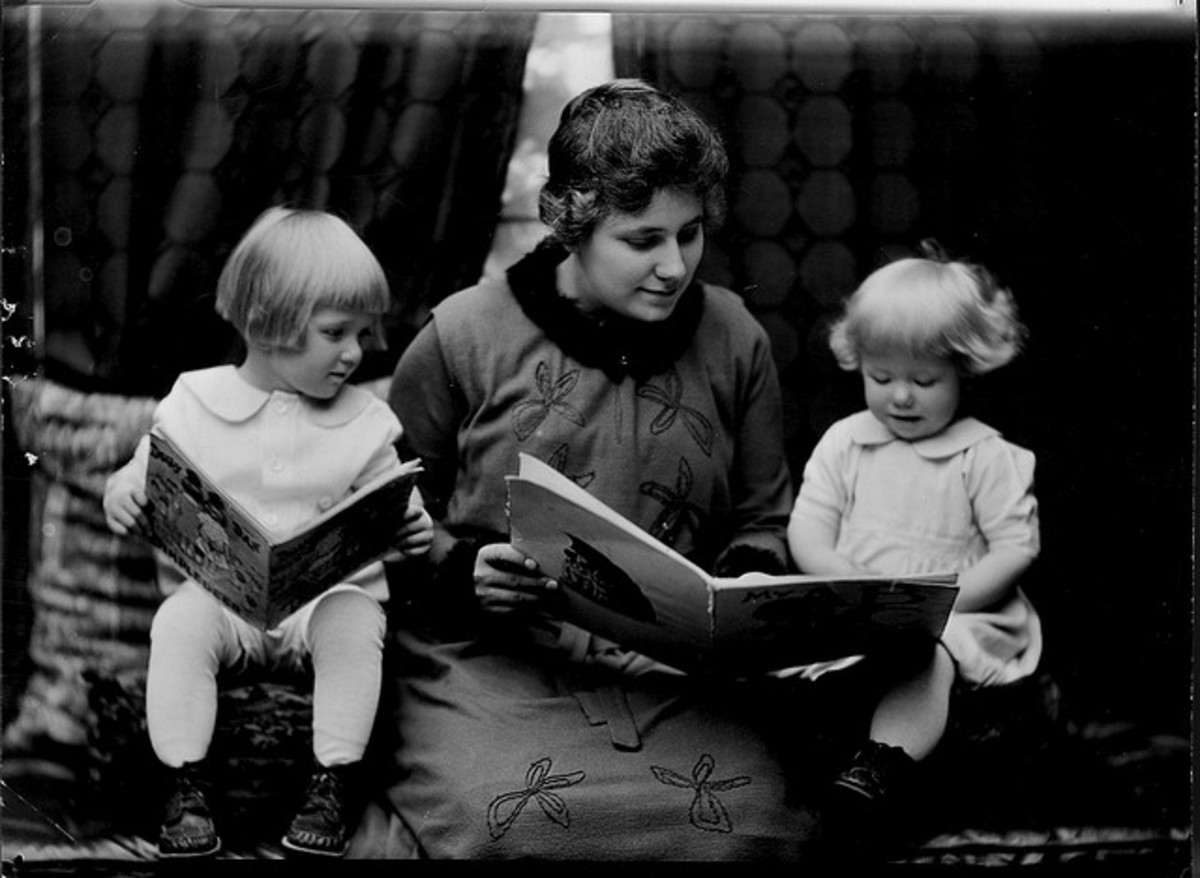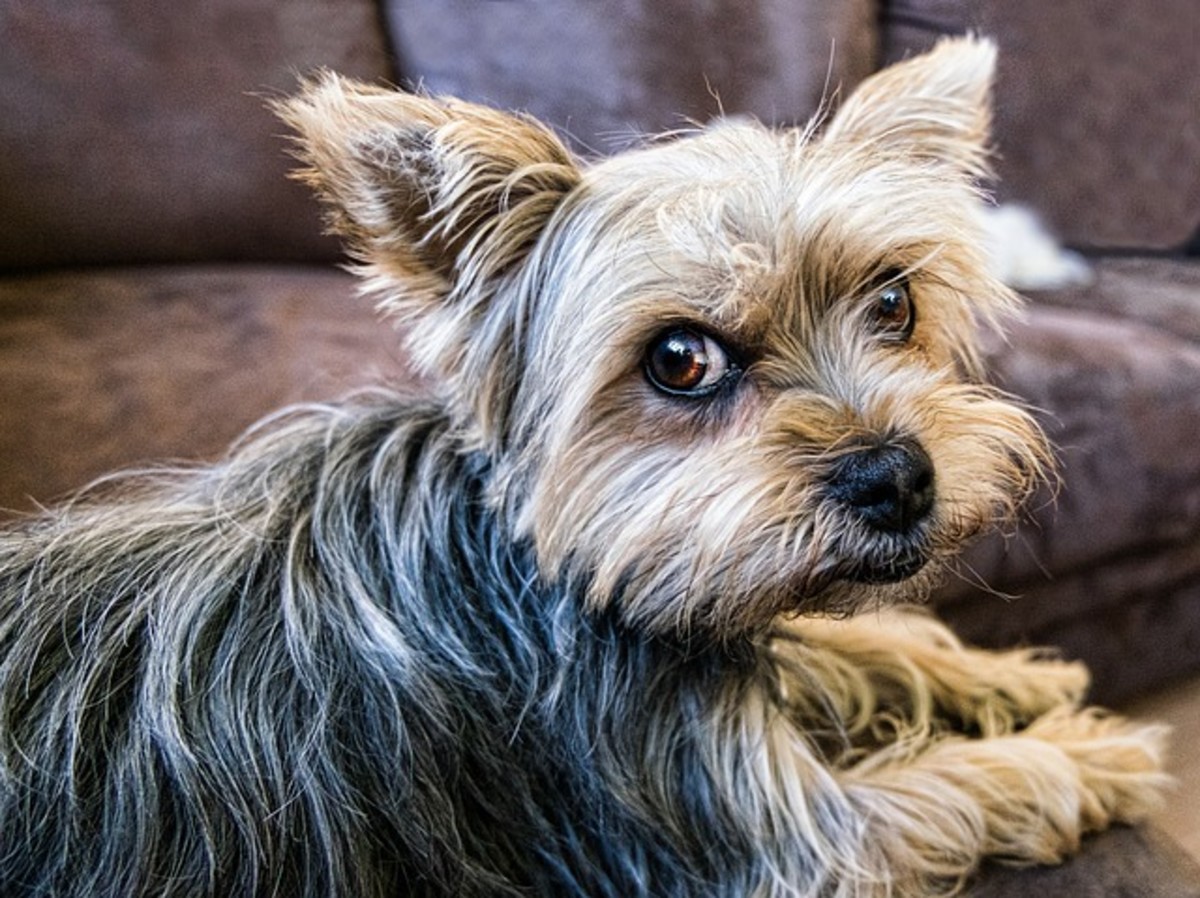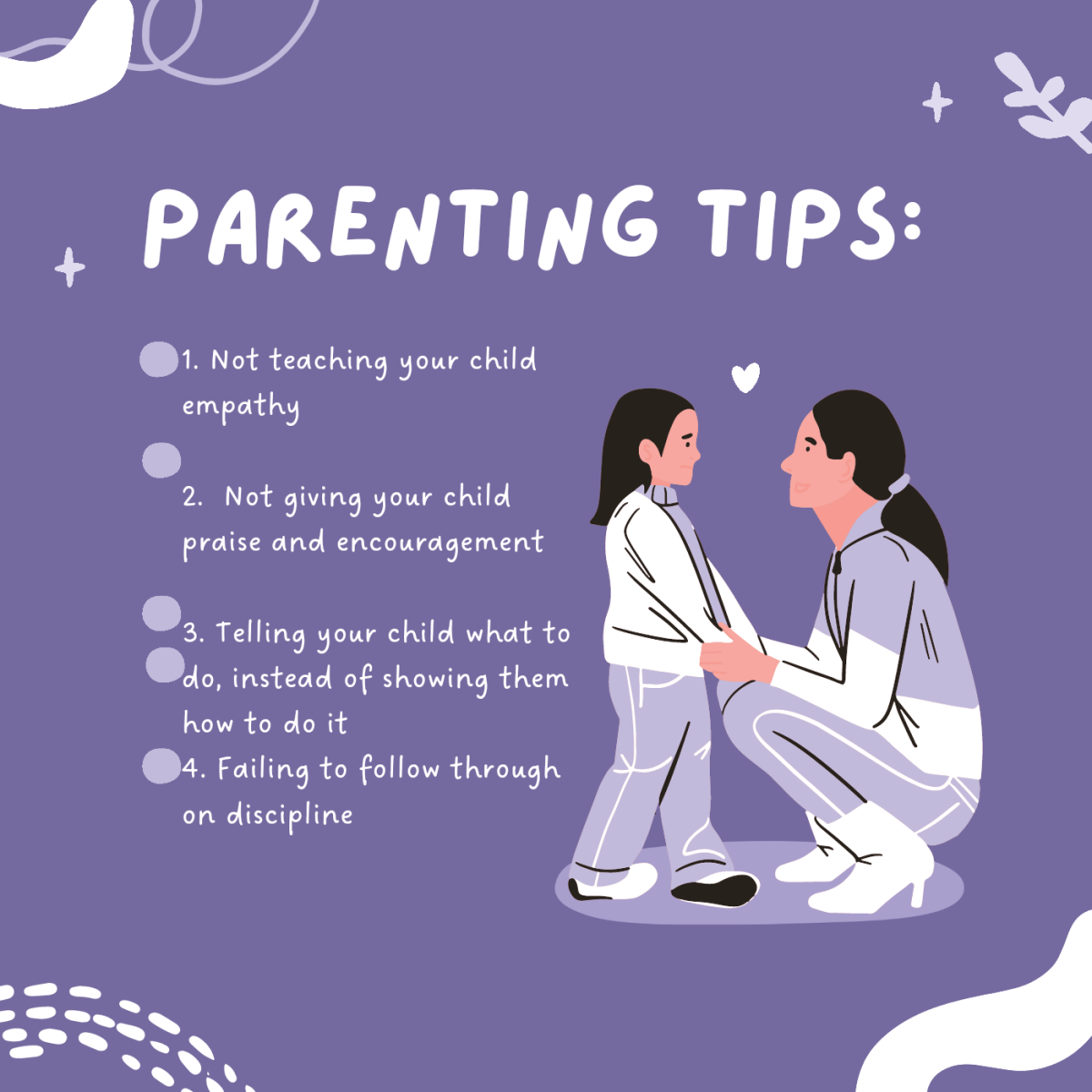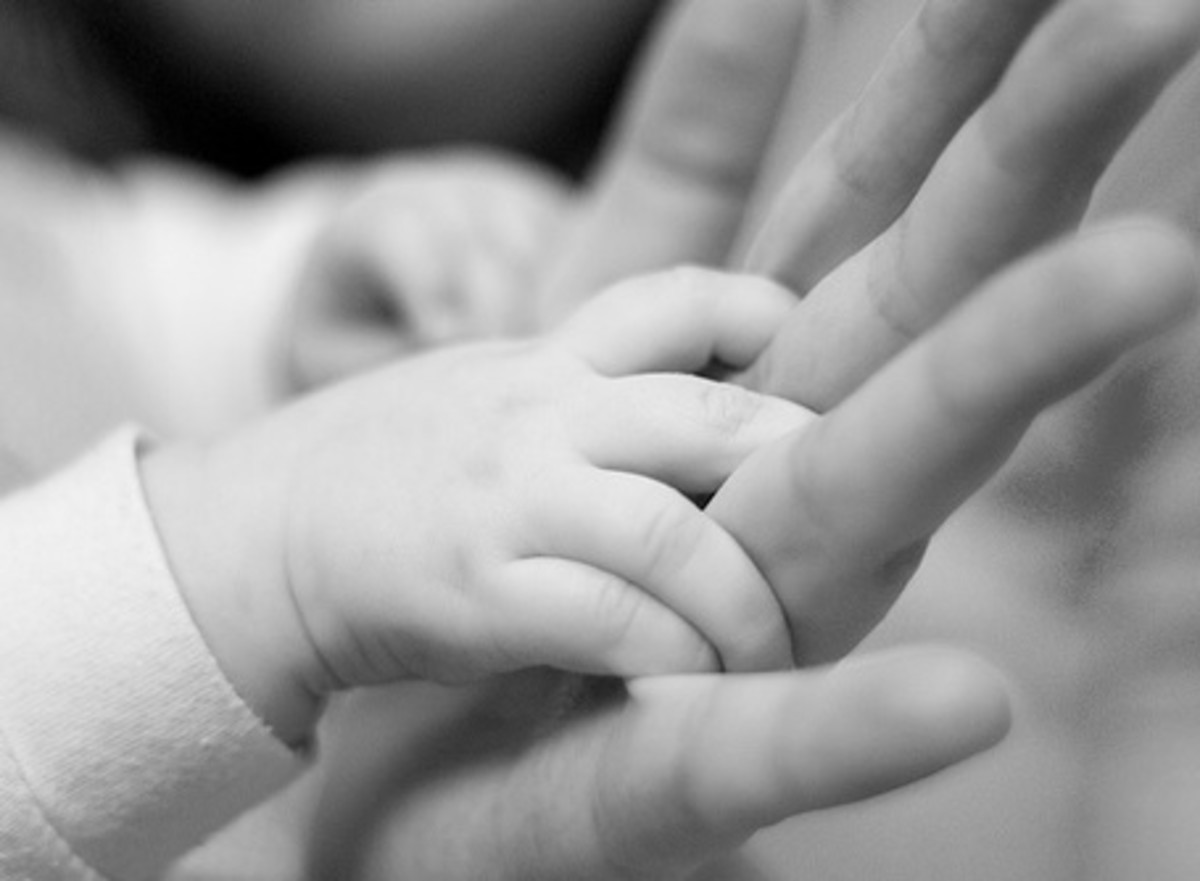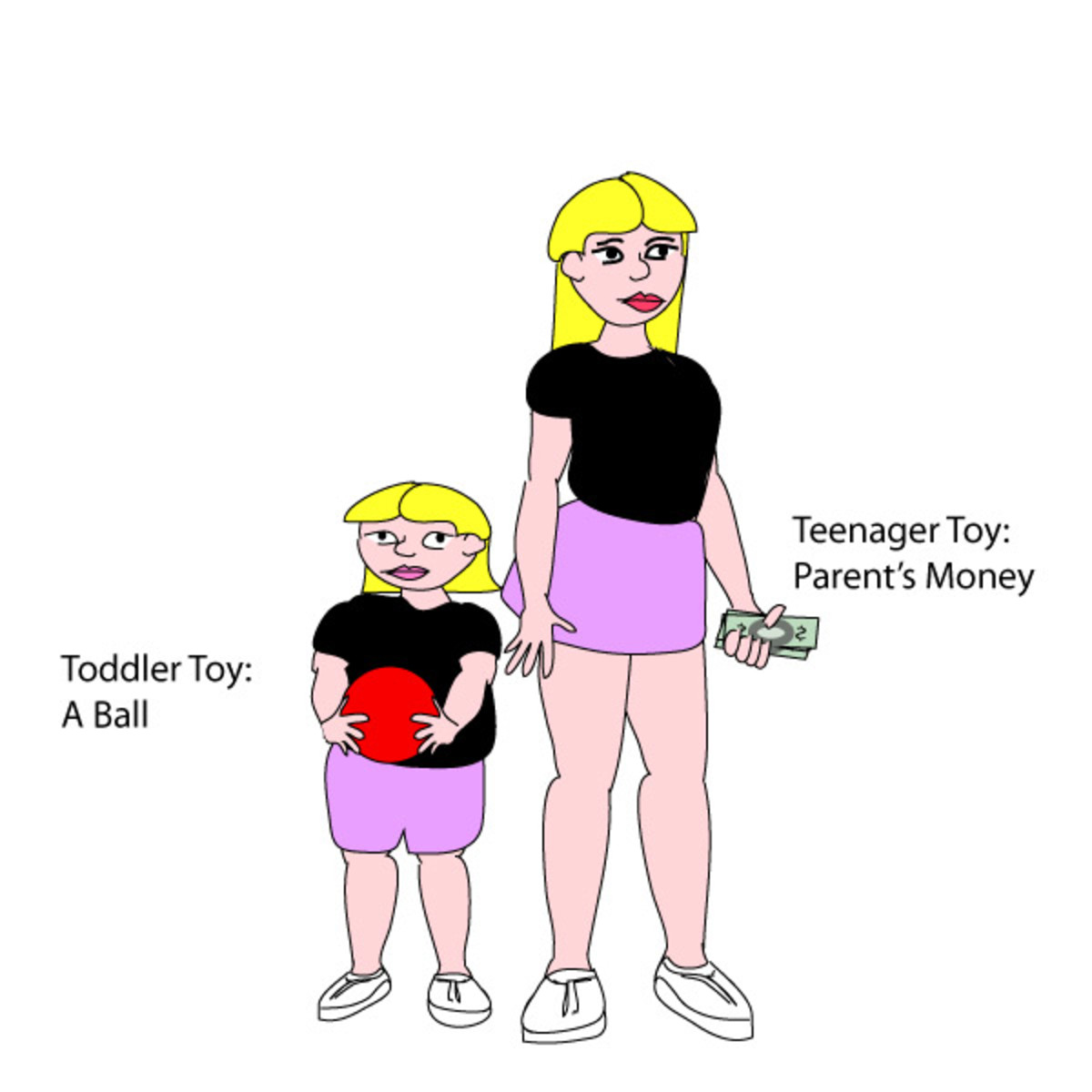Are you being an overprotective parent?

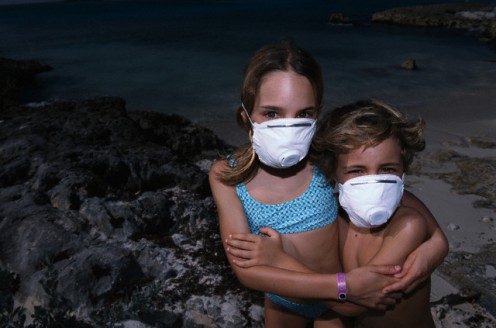
Web links and resources
- Physical Development In Children Ages 2-10
Physical Development In Children Ages 2-10. From your child039s birth to the time she has reached the age of ten, her growth and development is absolutely astounding. Her physical development alone is amazing without taking into consideration her lan - Baby Milestones - Toddler and Child Development
Here is a child development milestone checklist you can use to help you know what to expect as your child grows. - Parenting Style Quiz
Take the following quiz to find out what your parenting style is. Parenting styles have been linked to specific child behaviors, get an idea of what your parenting style is. - Parenting Advice, Activities for Children, Family Games & Recipes - FamilyEducation.com
Parenting information with educational resources, games, activities for kids, child development tools, parenting ideas & advice, learning disabilities info for children of all ages: toddlers, babies, children & teenagers, K-12. - Assessing Young Children\'s Social Competence. ERIC Digest.
Provides full-text access to the ERIC Digest dealing with Assessing Young Children's Social Competence. Provides a handy behavioral checklist.
Are you being overprotective with your kids ?
This, of course is a difficult one without concrete examples of behaviors, but here are some thoughts in general...
What do we know about kids? Certainly many things, but if we look more closely at the factors influencing children's development, several things become clear:
A common theme of mine, but "monkey see, monkey do", is a general rule with kids (especially when you'd rather they didn't), but kids, much like adults look to those they spend the most time with and are most bonded to, to help them define the world. Whether you like it or not, it's your behavior, not your words which have the most profound influence on your kids psychological development, beliefs, values and, yup...behaviors.
So, nothing like a little pressure, but a good general rule to keep in mind with any parenting decision - take a step back, (and if you can't, perhaps you should put your decision on hold), consider the alternatives - try to think of at least 1 so you don't get too rigid, consider the best interests of your child, and think about, given that you are the most important person in the world to them, and you are, and that they completely believe, at least until adolescence that you not only have divine power, but divine wisdom.
As I said, no pressure, but really you filter and interpret your child's world until they are old enough and have enough experience to do it on their own. That said, back to the topic at hand. When should you let your kid make their own mistakes and when should you save them? As with life there are no set rules and your behaviors should adapt to the situation and the child - which may bring up the "but why does he/she get to do it & I don't", to which I suggest the standard reply, or something to the effect of... "because I make decisions based on what I feel is best for you and you are different from x and so I make different decisions", or a short cut, once you're on a system "because that's his program/goal/agreement/consequence not yours." Also, a child who is naturally timid may require more shepherding and hand holding than their sibling at that age. Kids will generally make known what they want - especially when it comes to establishing their independence.
So, long anwer, based your decisions and evaluations on what you know of your child and their individual strengths and weaknesses. Who cares what Johnny does, your kid is not going to grow up into Johnny. That said, if your child seems unusually fearful or dependent - & I don't mean comparing with your coffee klutch, I mean when teachers and people outside the close family (not to discount their opinions), or discourage you from seeking early intervention, but if both you and your neighbor and your friend and the teacher notice, then it's probably time to get a professional evaluation.
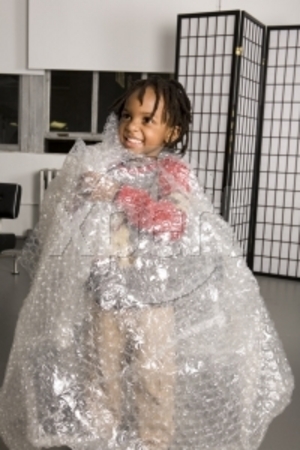

So, which decisions should kids make themselves? Well, my approach is - as many as possible, within reasonable limits. The best way to learn, is through direct experience. It's important to let kids make mistakes 'cos that's how you learn - and it's important for them to make lots of mistakes, because when we make mistakes, provided we are given an acceptable alternative and not berated for messing up - we learn the most.
Now, I certainly don't mean that kids need to stick their fingers in the fire to learn what hot is - but that's where modellingand observational learning comes in. You are the be all and end all for your kid, despite what they say - as much as it hurts, they're supposed to say stuff like "you not my friend no more, I hate you, everyone else has a better mother/father" - again, as painful as that is - it's a good sign, provided it's occasional and contextual.
Mostly, childhood is about learning, defining and redefining, and adulthood is largely about teaching the next generation - but as much as you see the inevitable - your child will learn more about balance by falling off the bike and getting back on, than by anything you tell or show them. Think of it this was - when you learned to do a complex task like knitting or driving a car, if someone sat down and patiently explained to exactly what to do and even wrote it down for you - would you really have a clue about how to knit or drive, but sit in the driver's seat and it all becomes a lot clearer. It works like that for kids...a lot. It's a truly undervalued and under appreciated parenting skill to be able to watch your child fail in a challenge, try again, fail again.. while still encouraging and not intervening - but if you do, you also get to see the really magical process, which is when your kid realizes that they're starting to get it - and that you let them fail so they could experience the exhiliration of mastery. By doing that, kid's learn a life lesson, not just how to ride a bike.
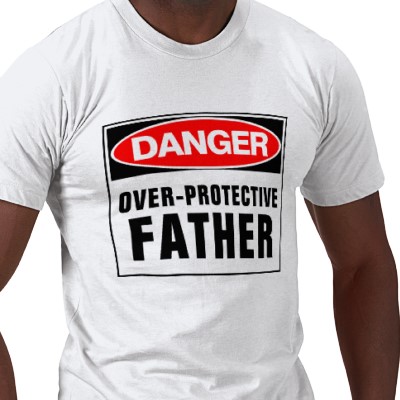
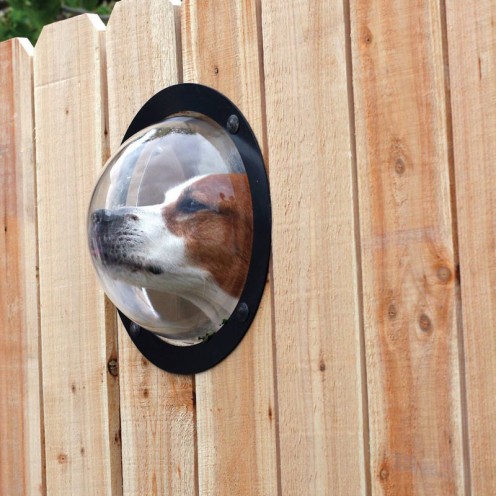
Was this helpful?
Finding and facing your fears
What really makes the difference between a normal, caring parent and one who is overprotective often lies both in the parent's thinking process and their locus of control. Parents who are overprotective tend to engage in more obsessive and catastrophic thinking. It's not that less overprotective parents aren't aware of the dangers, but they are better able to prevent them from becoming their sole focus. If we all thought about all the potential dangers out in the world, none of us would ever leave the house (until perhaps we found out that most serious accidents occur at home..?). Somehow, usually unconsciously we are able to put these things to the back of our minds until they become relevant.
Overprotective parents have trouble doing this so all those "what if's" float around their brains all the time. the other aspect - catastrophizing is a concept from cognitive behavioral theory. I like to call it the ten steps forward or 0-60mph way of thinking because essentially what happens is, these people are unable to shut off the "what if's" and so go from "my kid is 10 minutes late, I wonder if the bus was delayed......or broke down, or was involved in an accident, or hijacked, didn't I read something about that happening the other day, perhaps they were kidnapped - or are seriously hurt - by the time it gets to 15 minutes, you're in a total state when maybe your kid missed the bus - just as plausible (& significantly less stressful for you!). The problem with this type of thinking, aside from your escalating stress levels, is that it colors all your perceptions. Read about a good Samaritan in the paper - and you'll remember the part about the mugger - and there are a lot of potentially bad things out there in the world - and spending all your time worrying about the bad stuff means you don't get to see the good stuff!
The other aspect which often differentiates overprotective parents from others is an extreme internal locus of control, in other words everything is my fault and under my control. Having an internal locus of control is not a bad thing, in fact it's essential in helping us take responsibility for own own actions - but those are the only actions we should be taking responsibility for. One of the most difficult concepts for someone with an extreme internal locus of control to get on a psychological level - the only behavior you can control is your own. Like most things, this has an up and a down side. Firstly, whew...I can't control anyone else's behavior but my own?! yup, you can take a horse to water, so to speak, but here's the downside - and the part that scares the hell out of extreme internal locus of control types - so I can't control anyone else's behavior except my own??!!
The underlying reason for this is the defensive function that overprotective parenting and extreme internal locus of control has which relates to the first aspect we talked about - catastrophizing thinking style. For these people, the world is a very scary place and part of how the mind deals with the anxiety is to try and run through each and every bad thing that could ever happen so that they are prepared (they make great boy scouts, though). In our mind, if we can imagine these things then we psychologically have some sort of hold over them - which makes us feel like we have some control and, much like compulsions - if we perform the correct actions, whether it's counting and rituals or overpreparation and worry about your child's every step, the big bad thing won't happen. The most unfortunate part of all of this - is that, that is not actually true (refer to point 1 about horses and drinking water).
So, this can either be a big relief and perspective shifter, or confirm your fears that you need to control the world more tightly. Where it creates problems for your children, is that we not only then limit their experiences and opportunities for learning (and sometimes falling down is the lesson you needed to learn), but also transmits these fears to our kids, predisposing them to anxieties and difficulties in later life.You are the momma bear, but your kids also have to believe (at least when they're young, adolescence is a different story) that you can conquer the world, that you have everything under control and that you can deal with any situation that comes along. So, they need to see you actively struggling with the world, not agonizing over the dangers out there, you don't have to always get it right, but it's important for kids to feel safe and secure - and even if you don't say it, your anxiety is transmitted - and that's what scares kids - the feeling that their parent's are not in control or will fall apart in the face of a crisis, external events are often far less frightening to children.
So, take a deep breath, and repeat 3 times "I can only control my own behavior" (which by the way, also means that you don't have to get bullied into anything - who controls your behavior, right? --and no more guilt - you can only control your own behavior. So, maybe there's a few upsides to keeping that in mind.



